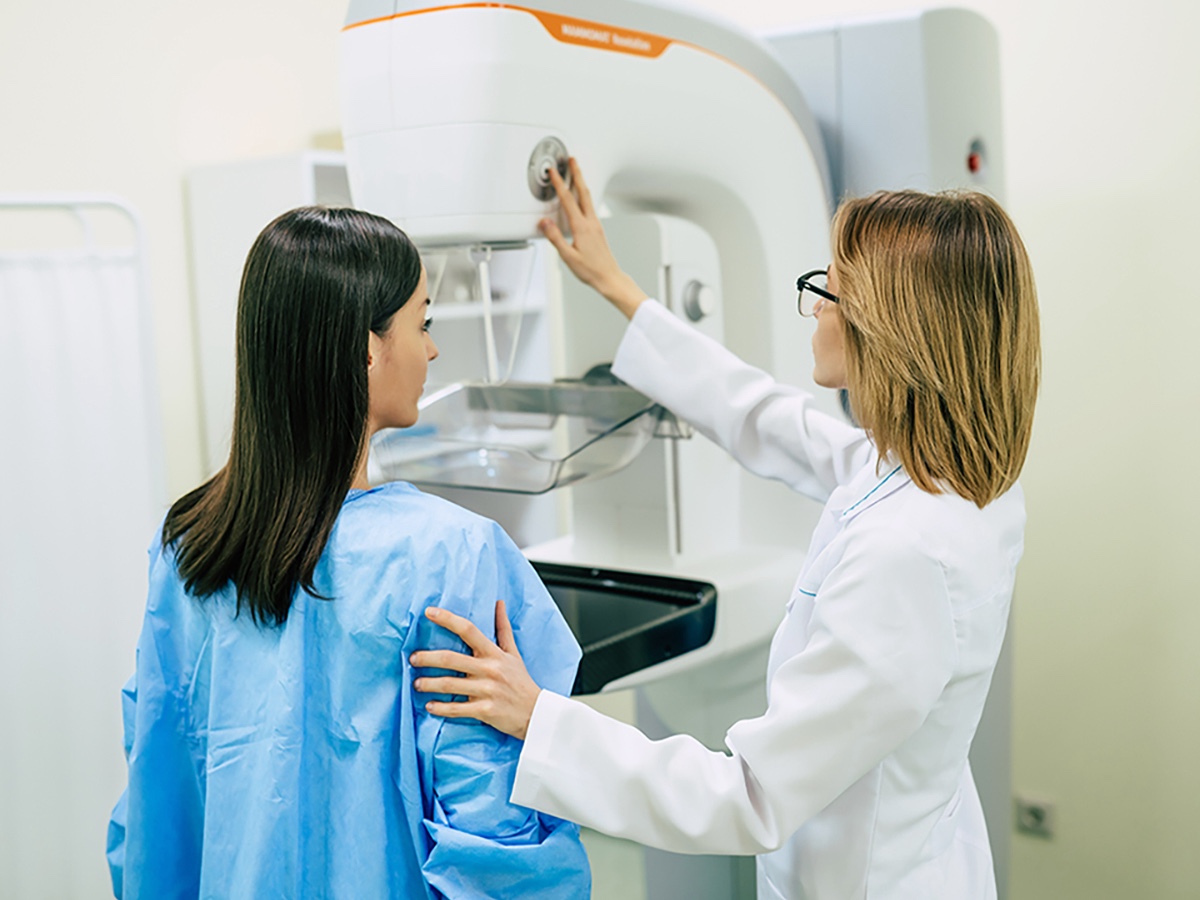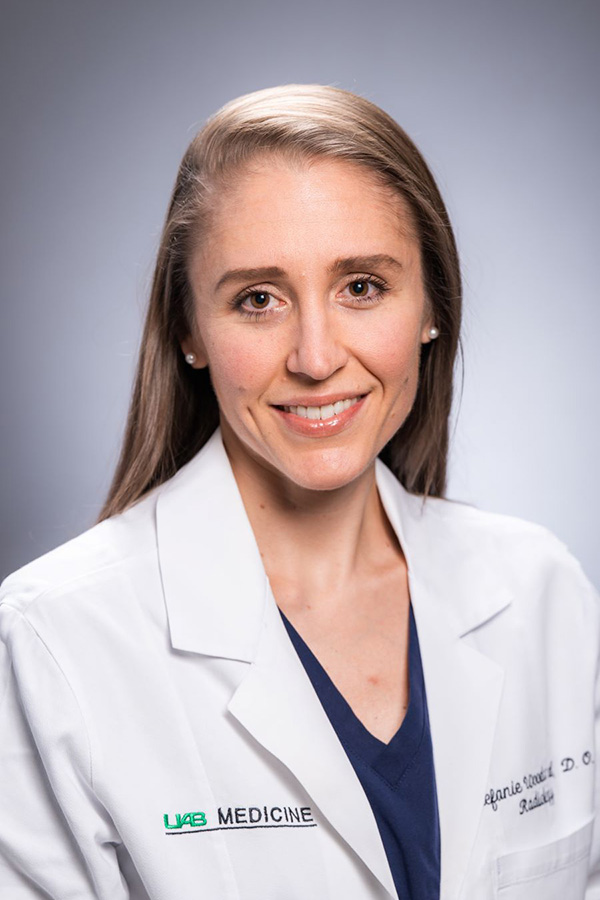 Annual breast cancer screenings help to ensure early detection and treatment.Early detection of breast cancer saves lives, but misconceptions often prevent people from getting the screenings needed. A University of Alabama at Birmingham expert shares tips on how to recognize when it is time for a screening.
Annual breast cancer screenings help to ensure early detection and treatment.Early detection of breast cancer saves lives, but misconceptions often prevent people from getting the screenings needed. A University of Alabama at Birmingham expert shares tips on how to recognize when it is time for a screening.
Stefanie Woodard, D.O., associate professor in the Department of Radiology, explains what influences screening recommendations and how individuals can make informed decisions.
Screenings
Most people diagnosed with breast cancer do not have a family history of cancer, so Woodard recommends an annual screening for all women. Risk factors, including age, reproductive history and lifestyle, can impact one’s chance of developing breast cancer.
While some patients may avoid screenings because they are concerned about the radiation from mammograms, the amount of radiation from a mammogram is low and should not be of concern to patients considering a screening.
“Waiting until symptoms appear can mean catching cancer at a later, less treatable stage,” Woodard said. “The benefits of early detection far outweigh the minimal risk from radiation exposure.”
 When to start
When to start
For average-risk patients, screening mammography should begin at age 40. Patients who have an elevated risk of developing breast cancer may benefit from earlier screenings.
“All patients should have a breast cancer risk assessment by age 25 to identify those who may need earlier screening,” Woodard said.
Healthy habits lower risk but do not eliminate it. Woodard says patients with no known risk factors can still develop breast cancer.
“Approximately one in eight women will develop breast cancer over a lifetime, regardless of lifestyle,” Woodard said.
Detection
Not all breast cancers form lumps, and mammograms can detect early cancers long before they develop visible lumps. While mammograms are effective, like any test, they have limitations. Dense breast tissue can make detection more challenging.
“Supplemental screening options, such as breast MRI and contrast-enhanced mammography, are available for patients with dense breasts,” Woodard said.
Woodard recommends women get an annual breast cancer screening to help detect disease at earlier, more treatable stages. To learn more about the UAB Mammogram Clinic or to schedule an appointment, click here.